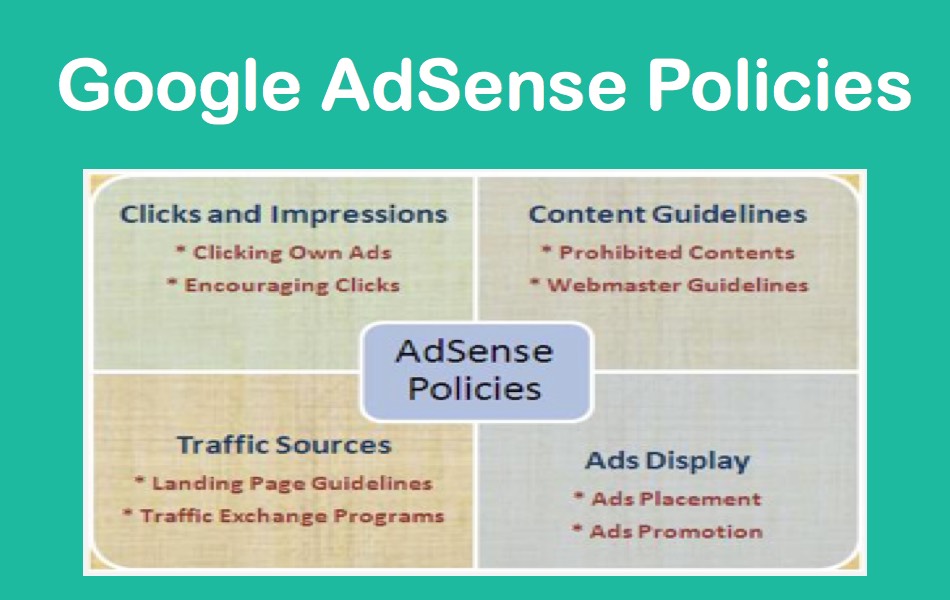Google To Enforce New Ad Policies For AdSense, DoubleClick For Publishers
by Laurie Sullivan @lauriesullivan, May 15, 2017
Google announced on Monday it will enforce new ad policies by removing advertisements on its AdSense ad network and DoubleClick ad exchange when publishers violate the rules. The good news is that it will begin categorizing content per page, rather than by Web site, to keep any damages to revenue at a minimum for publishers trying to adhere to standards.

The new technology will monitor policy violations and enforce them by allowing Google to stop serving ads on select pages rather than the need to remove ads from the entire site. The company said it will allow its advertising technology to act quickly to remove ads when necessary and take a finer approach to disabling them. The idea to increase transparency for publishers should take effect in “a few weeks,” per Google.
The change appears to categorize content on a publisher’s site by page, rather than by Web site domain. The definition of content extends to photographs, videos, cartoons, drawings, paintings, and sculptures, among other things.
The rules are a bit murky for companies like Publishers Clearing House, which offers games for entertainment across many of its properties. If Google categorizes a slots game as gambling, for example, the page rather than the site could be penalized.
“We like the flight to quality and that advertisers are being taken more seriously, but as a publisher we want to understand how that affects us,” said Spencer Scott, head of media platforms at PCH.
PCH has had challenges in the past related to categorizing content despite the fact that all users are logged into the site before playing a game, Scott said. “Advertisers are fighting for our inventory and we don’t want Google to mis-categorize the entire site and have that effect our ad revenue,” he said.
Google also will launch a Policy Center to make it easy for publishers to tell Google when policy issues have been resolved and their pages are ready for review. The dashboard for publishers using AdSense will let them understand and monitor whether their ads comply with Google’s policies. Later this year Google plans to add Policy Centers in other publisher platforms in addition to AdSense.
Scott Bailey, president of Automotive at Ten: The Enthusiast Network, said if you’re Ten or CNN this probably won’t impact your business, but it would if a YouTube publisher used inappropriate language or prompted violence or the sale of illegal substances through content, for example. “If you’re a YouTube producer and live a little more on the edge, that’s probably an area that gets tripped up,” he said.
AdSense serves advertisements to Web sites, but also to YouTube channels. The two changes by Google follow a boycott on YouTube by advertisers concerned about their ads serving up next to or running within inappropriate videos or near content by activists fueling anger and hate on a variety of subjects.
Similar to tying a brand’s reputation to specific social media influencers based on their beliefs and moral values, marketers now believe they should have more control on where they’re advertisements appear and the type of content their message supports.
Sometimes it works in reverse and consumers are saying that brands better send the correct message that aligns with ideologies or ethics. Recently Skittles came under fire for its Mother’s Day advertisement created by DDB Chicago. In the disturbing TV commercial shown here on YouTube, tasting the rainbow takes on a new meaning when a grown son, with an umbilical cord still attached to his mom, can taste the flavor of the skittles his mother eats. The son guesses the flavor as his mother’s eats the candy.
MediaPost.com: Search Marketing Daily
(45)